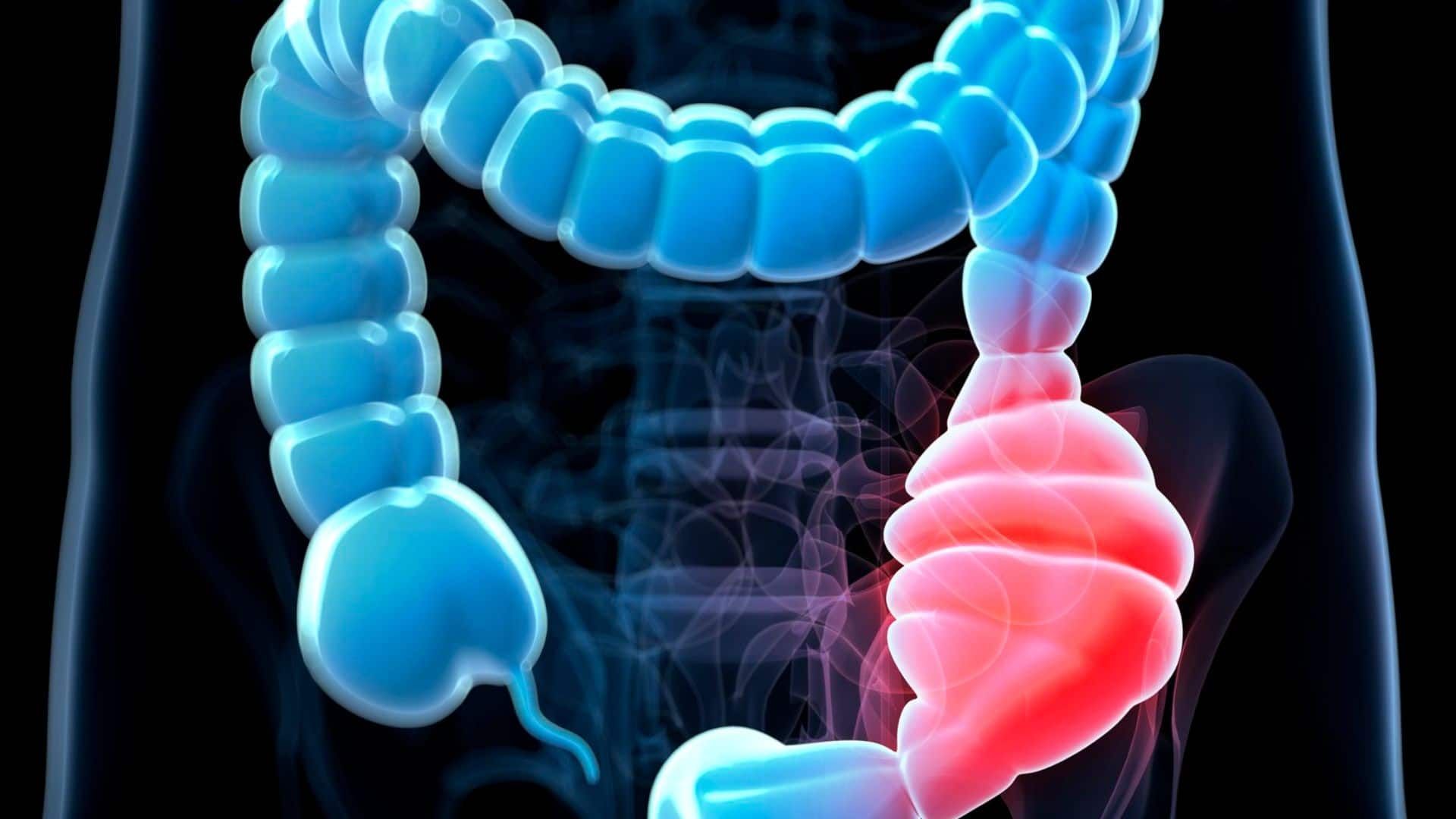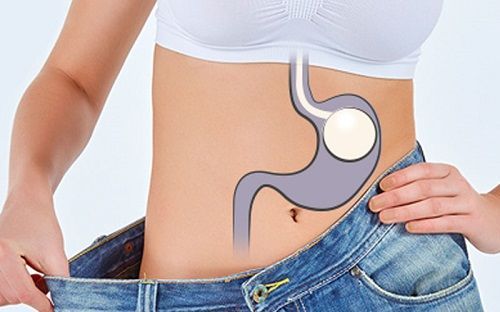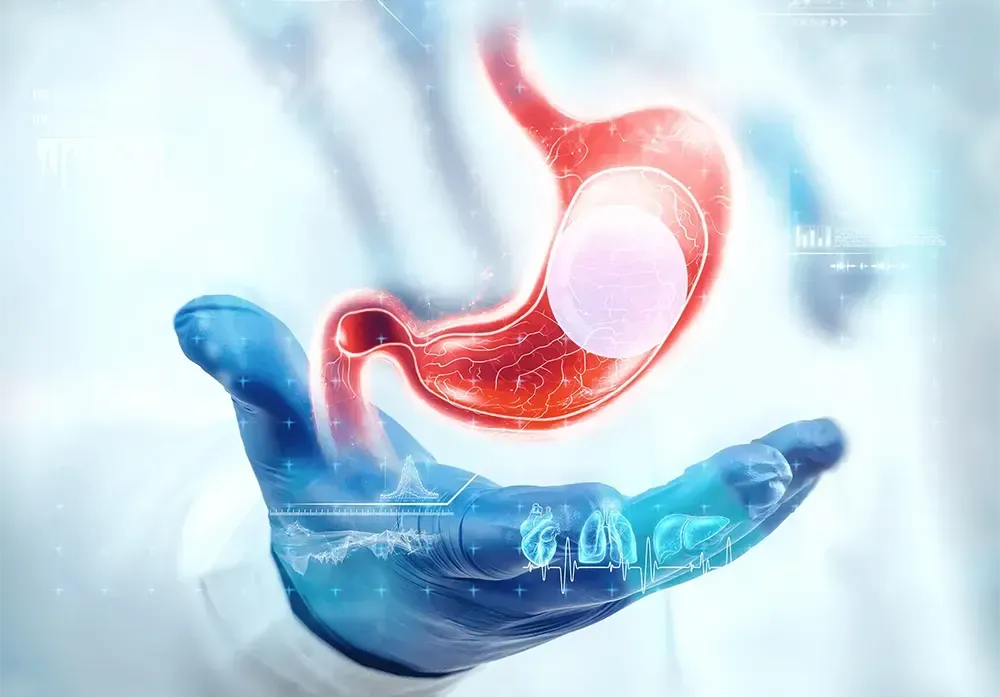Obesity in Adults: Dietary Therapy and Weight Loss Coaches

Trying to lose weight can be frustrating for both weight loss coaches and patients. Advising patients that they must lose weight for health reasons or that they need to eat less and exercise more often generally produces little in the way of change. This is where dietary therapy can help.
- Weight loss of 5 to 7 percent of body weight carries numerous health benefits and should be sought as an initial weight loss goal.
- Weight loss is directly related to the difference between the individual’s energy intake and energy expenditure. Reducing caloric intake below expenditure should result in a predictable initial rate of weight loss that is related to the energy deficit. There are significant individual differences, and close monitoring of energy intake is essential. Patients should be educated that weight loss itself lowers energy expenditure and weight plateau is expected without further reduction in energy intake.
- The goal of dietary therapy is to reduce the total number of calories consumed. We suggest choosing a dietary pattern of healthful foods, such as the Dietary Approaches to Stop Hypertension (DASH) or Mediterranean-style diet, rather than focusing on a specific nutrient. Diets which emphasize reductions in refined carbohydrates, processed meats, and foods high in sodium and trans fat; moderation in unprocessed red meats, poultry, eggs, and milk; and high intakes of fruits, nuts, fish, vegetables, vegetable oils, minimally processed whole grains, legumes, and yogurt are preferred.
- There is no one single diet that fits all patients; there are a variety of weight loss tips that can be effective in reducing calorie intake and promoting weight loss. Patients often need guidance, such as a weight loss coach, in choosing the dietary strategy that is the right fit for them based on their usual eating habits and food preferences, preferred learning style and capabilities, and perceived ability to manage hunger, sustain adherence, and maintain the pleasure of eating.
Dietary adherence is an important predictor of weight loss, irrespective of the type of diet. Behavior modification strategies are important to improve dietary compliance with any type of diet. Being under the supervision of a weight loss clinic can also help aide in the success of weight loss.
- If a low-carbohydrate diet is chosen, healthy choices for fat (mono- and polyunsaturated) and protein (fish, nuts, legumes, and poultry) should be encouraged. If a low-fat diet is chosen, the decrease in fat should be accompanied by increases in healthy carbohydrates (fruits, vegetables, whole grains).
- Although many individuals have success losing weight with diet, most subsequently regain much or all of the lost weight. Since long-term adherence to a weight-maintaining diet is probably the most important determinant of success, the optimal weight-maintaining diet will depend upon preference and individual factors. Exercise and behavioral interventions also may help individuals maintain weight loss.
Source: Uptodate ®
Learn More About Weight Loss Tips And Treatments
Diet Health And Meal Planning Tips The Basics
Weight Loss Tips And Treatments The Basics
Weight Loss Clinic 5 Tips From Our Registered San Deigo Dietitian
Weight Loss Medications
Procedures For Weight Loss Were In It Together
The post Obesity in Adults: Dietary Therapy and Weight Loss Coaches appeared first on Gastro SB.










